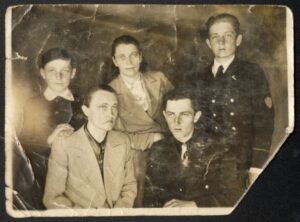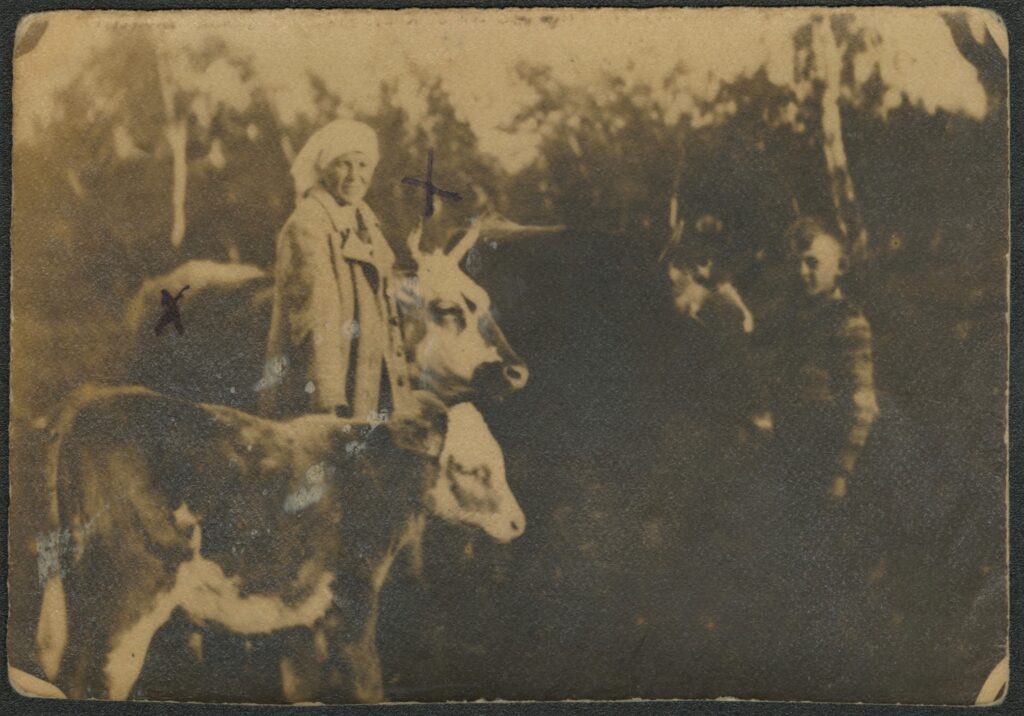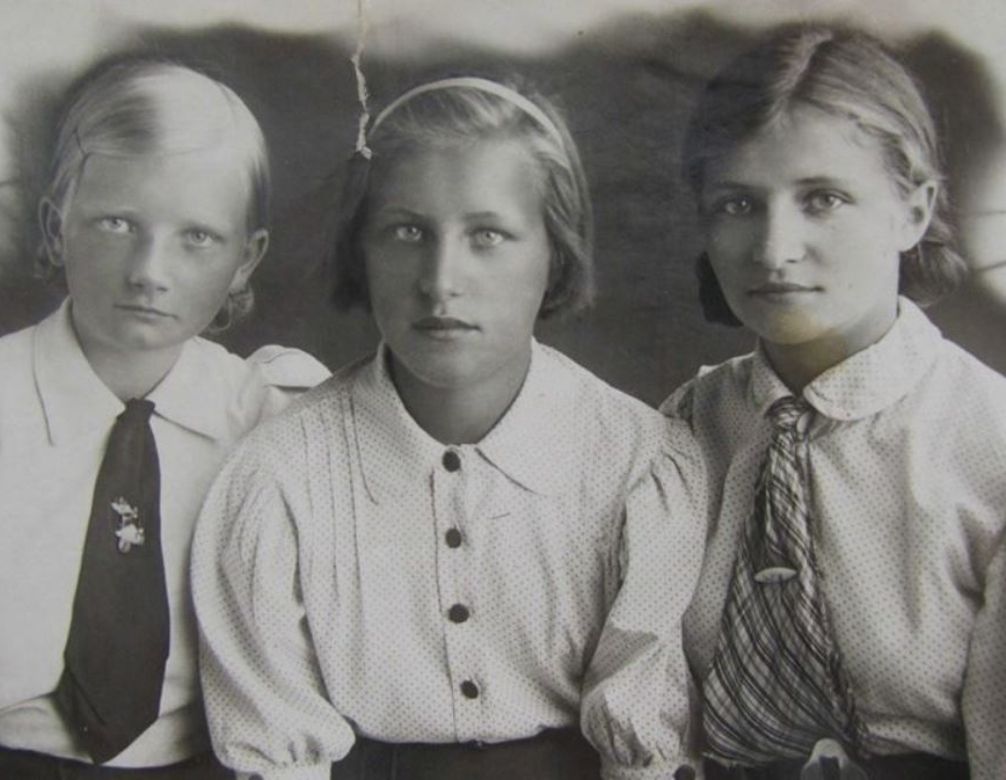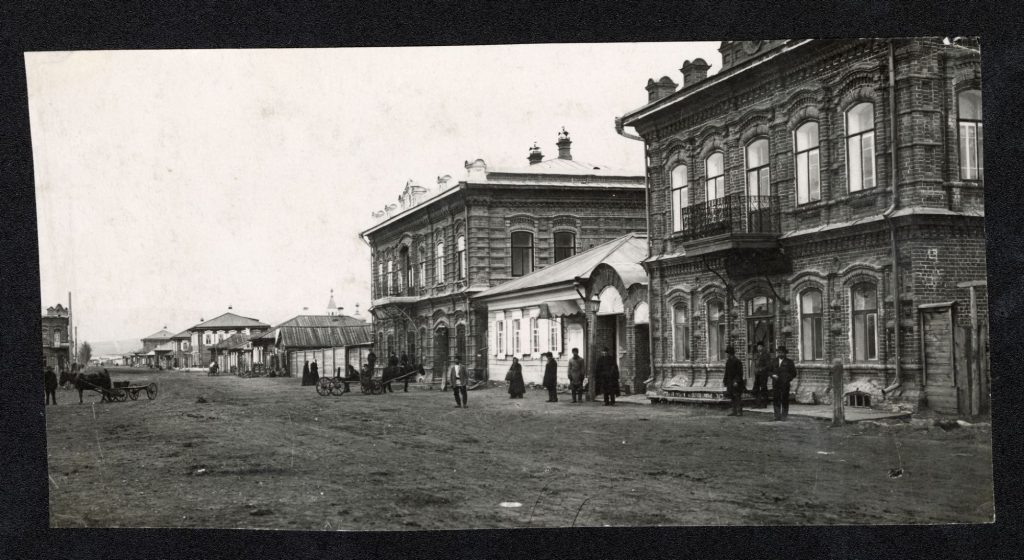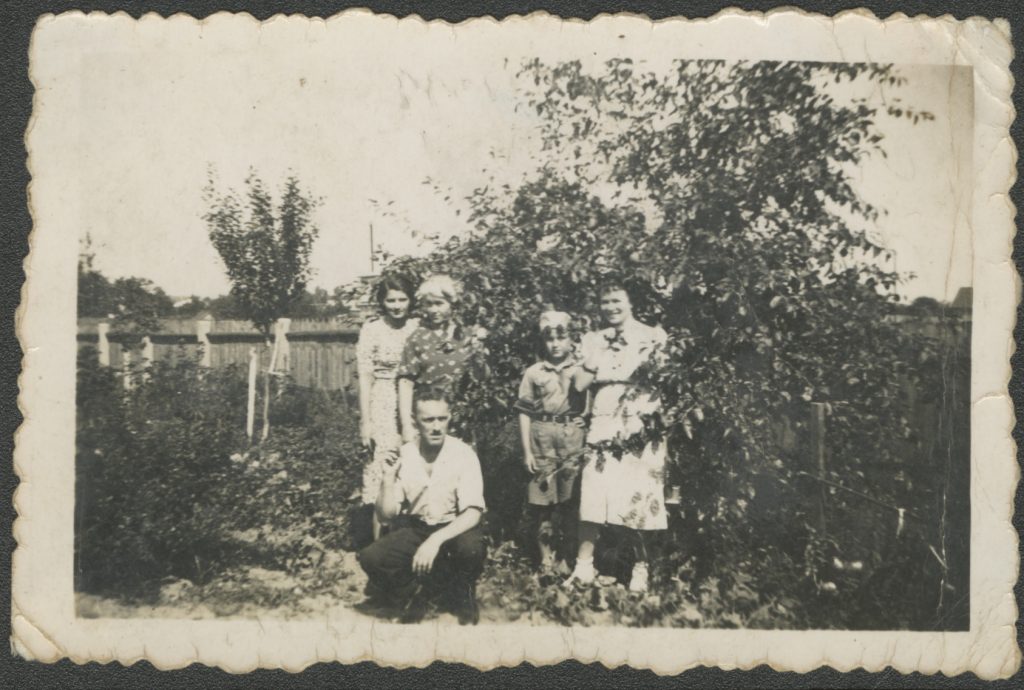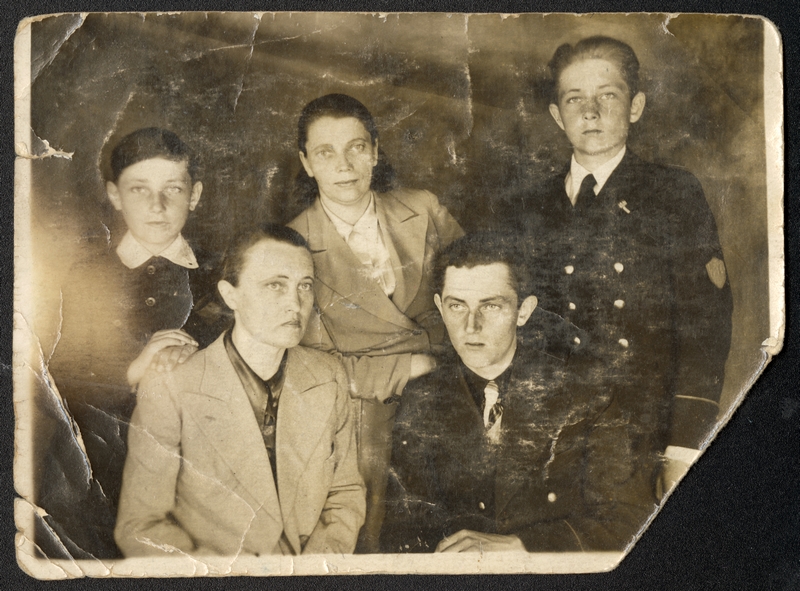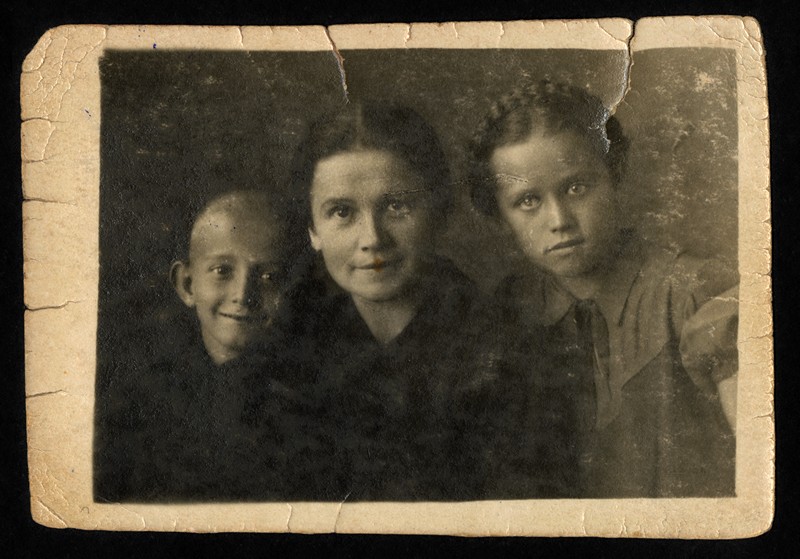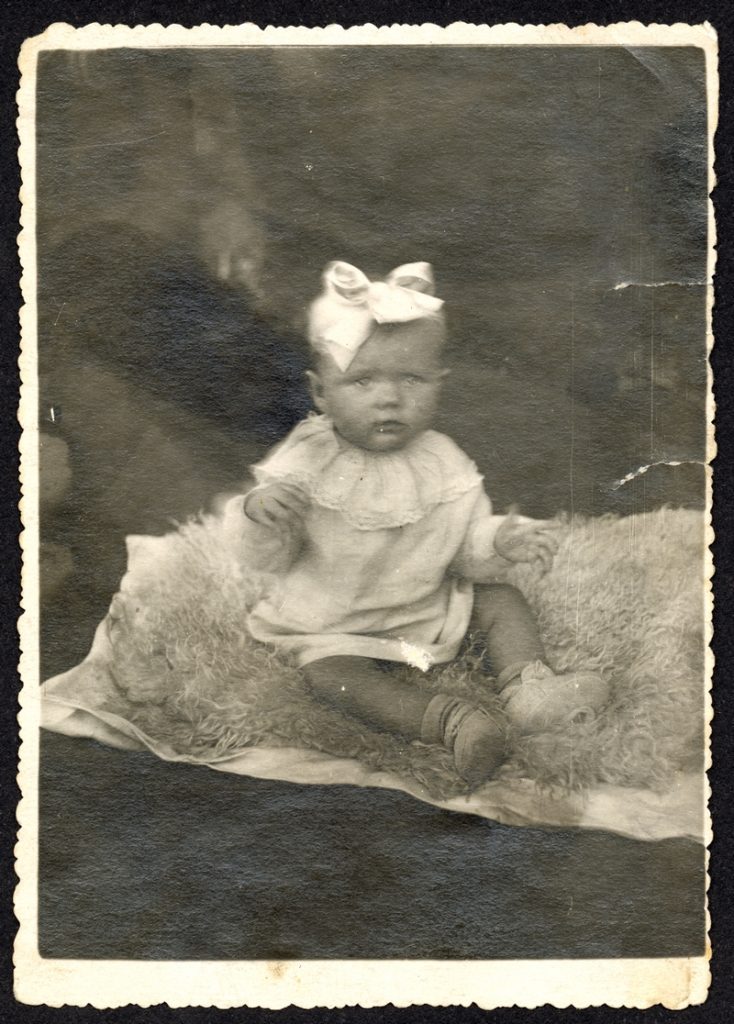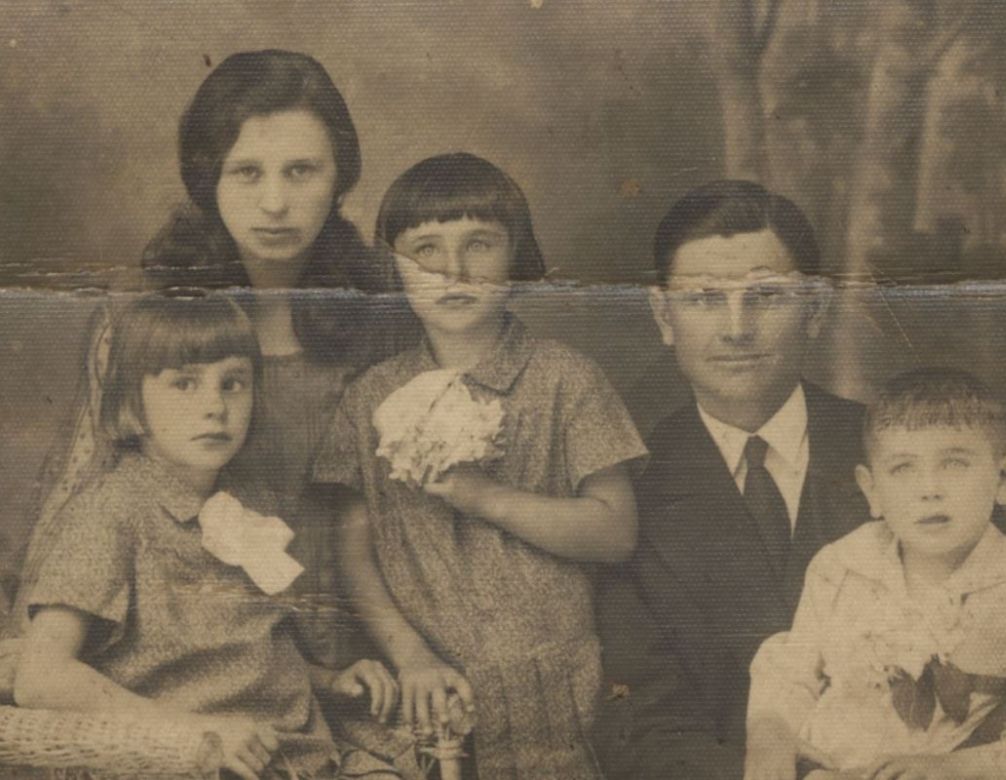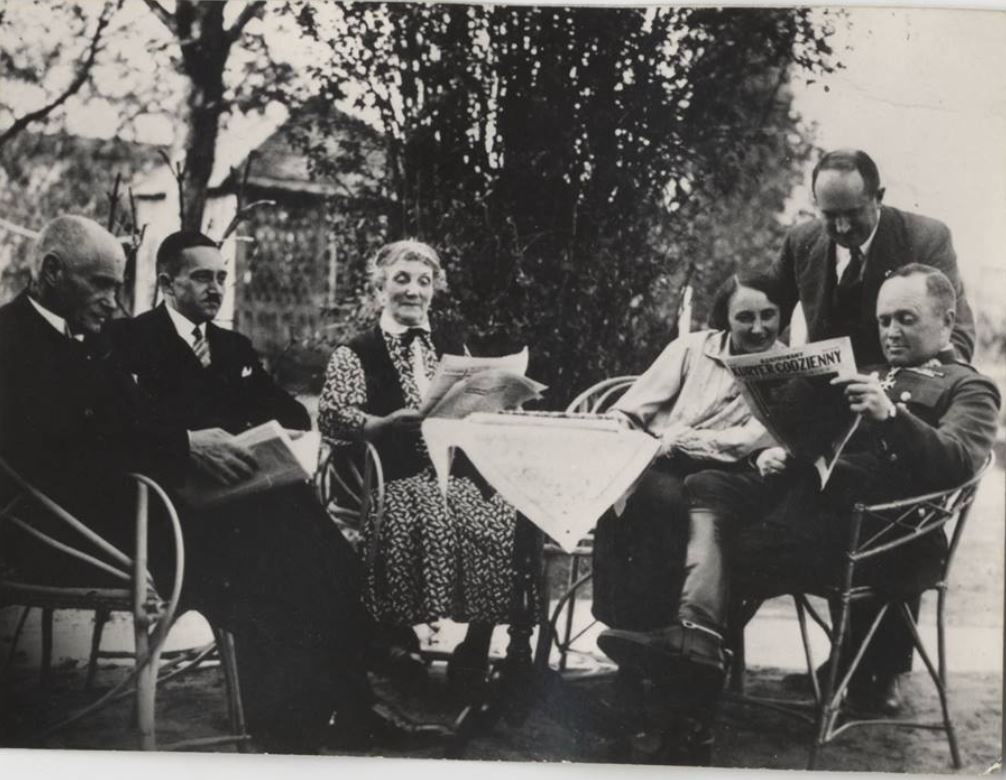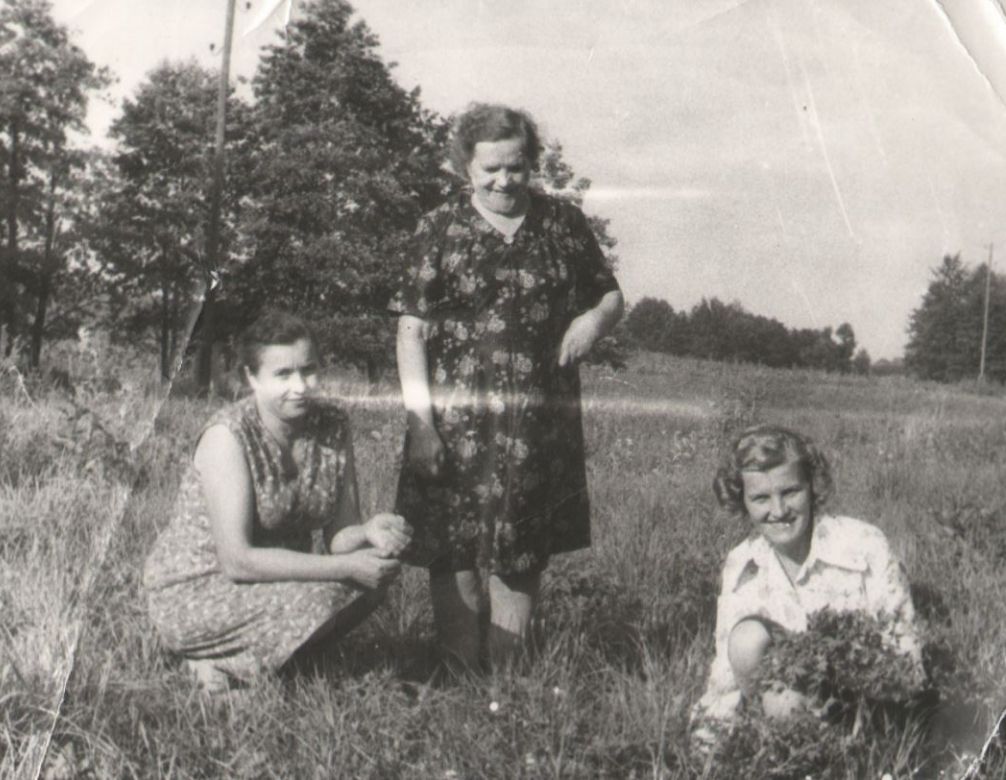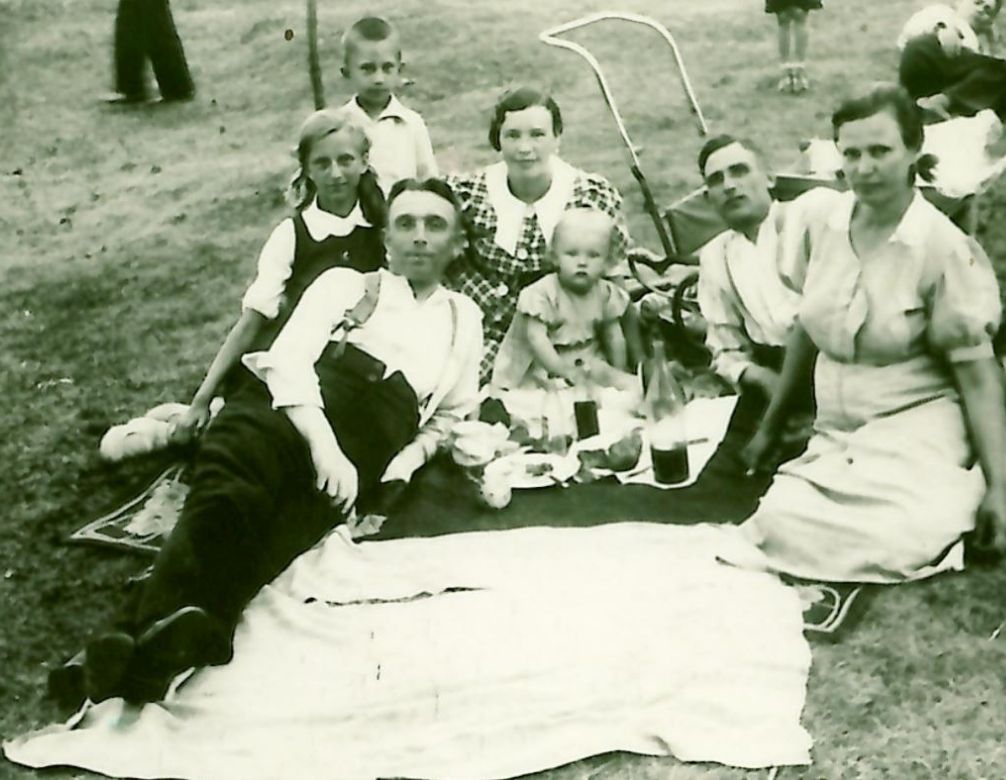The holidays the Glijer family spent together in Karasin in Volhynia were interrupted by the outbreak of war. Paweł – a policeman by profession – was mobilised and sent to Kovel, from where he managed to escape when the Red Army occupied the town. His wife Aniela, together with their three sons, Longin, Ryszard and Jan, were deported in April 1940 to Kazakhstan, to the village of Kachyry in the Pavlodar region. This is how their new place of residence was described by the oldest of them: “Kachyry, the capital of the district, and in it all the district offices, a harbour, a ten-grade school, a canteen, an always-empty shop and a large kolkhoz. A large village with many streets arranged parallel along the river and perpendicular to it, situated on the right bank of the Irtysh. The river here was very wide and its waters flowed lazily into the northern ocean. Abundant with fish, it was a blessing to the local people, providing food and essential protein. On the opposite side of the village stretched the steppe: in summer a sea of tall grasses, and in winter the whiteness of the snow merging somewhere on the horizon with the sky and clouds, often of a menacing steel colour that heralded the approaching buran. The village had a population of five thousand, including about a hundred of us Poles, mostly women and children.”
After the amnesty was declared, Ryszard joined the Anders’ Army. After the war, the whole family reunited in Poland.




